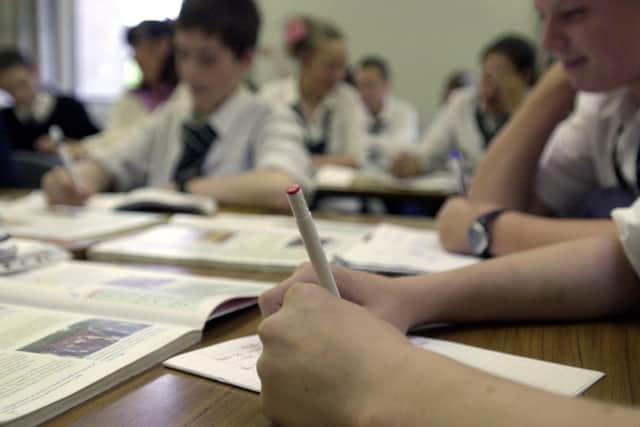National consistency for reporting children missing from school is needed - Dr Alan Billings
It wasn’t quite what it seemed, however. Most of them were with parents or relatives, so it was condoned absence rather than truancy. But not all were with parents. This made me wonder how many children are out of school on any given day and what happens to them.
I was told that they are the responsibility of their individual academy and the academies are under no obligation to tell the local authority if children are absent. Fortunately, in Sheffield at any rate, almost all the academies report on a regular basis if their youngsters absent themselves. Some schools have their own attendance officers, some do not. There seems to be a lack of consistency, no doubt one of the unintended consequences of moving to academies.
Advertisement
Hide AdAdvertisement
Hide AdThis is serious. Children not in school are at risk. They are vulnerable and can be targeted by organised criminals. So how many are we talking about?


The national picture has been worsening for some time. According to the National Youth Agency, those who are persistent absentees (absent for more than 50 per cent of the time) numbered: 2019-2020 – 38,000, 2020-2021 – 50,000, 2021-2022 – 63,000.
It is alarming to see that attendance continues to be lower than before the pandemic. My guess would be that many who subsequently come into contact with the police have just such poor school attendance records.
I certainly think we need national consistency for reporting children missing from school. But I also recognise, having spoken to some of those absentees, that there are some young people who struggle with formal education. This is where I would commend and seek to support the youth work that goes on in our county.
Advertisement
Hide AdAdvertisement
Hide AdYouth work is not the same as working with young people. Youth work is a distinct educational activity.
It promotes young people’s personal and social development through non-formal educational activities. They are probably most effective when they are able to link with the mainstream school.
Let me give an example. I came across this young person’s story in a report from the National Youth Agency, Better Together.
RM from Doncaster did attend school, but he struggled. Both his parents had died and he was looked after by a grandparent and older sister. He wanted to be a chef. He knew that the school could help but he was easily distracted and had difficulty communicating with his peers and teachers.
Advertisement
Hide AdAdvertisement
Hide AdHis salvation was a local youth club which provided opportunities for young people to take part in a UK Youth Achievement Award programme. RM has now applied to the Army College with a view to training as a chef.
We all know how young people who struggle at school or absent themselves can so easily find alternatives that lead them into criminality. If we are to make meaningful inroads into crime, we need more preventative activities of the kind that youth work can bring. But youth work has been one of the more significant areas to suffer during the years of austerity.
A shortened version of the Police and Crime Commissioner for South Yorkshire’s latest blog post.